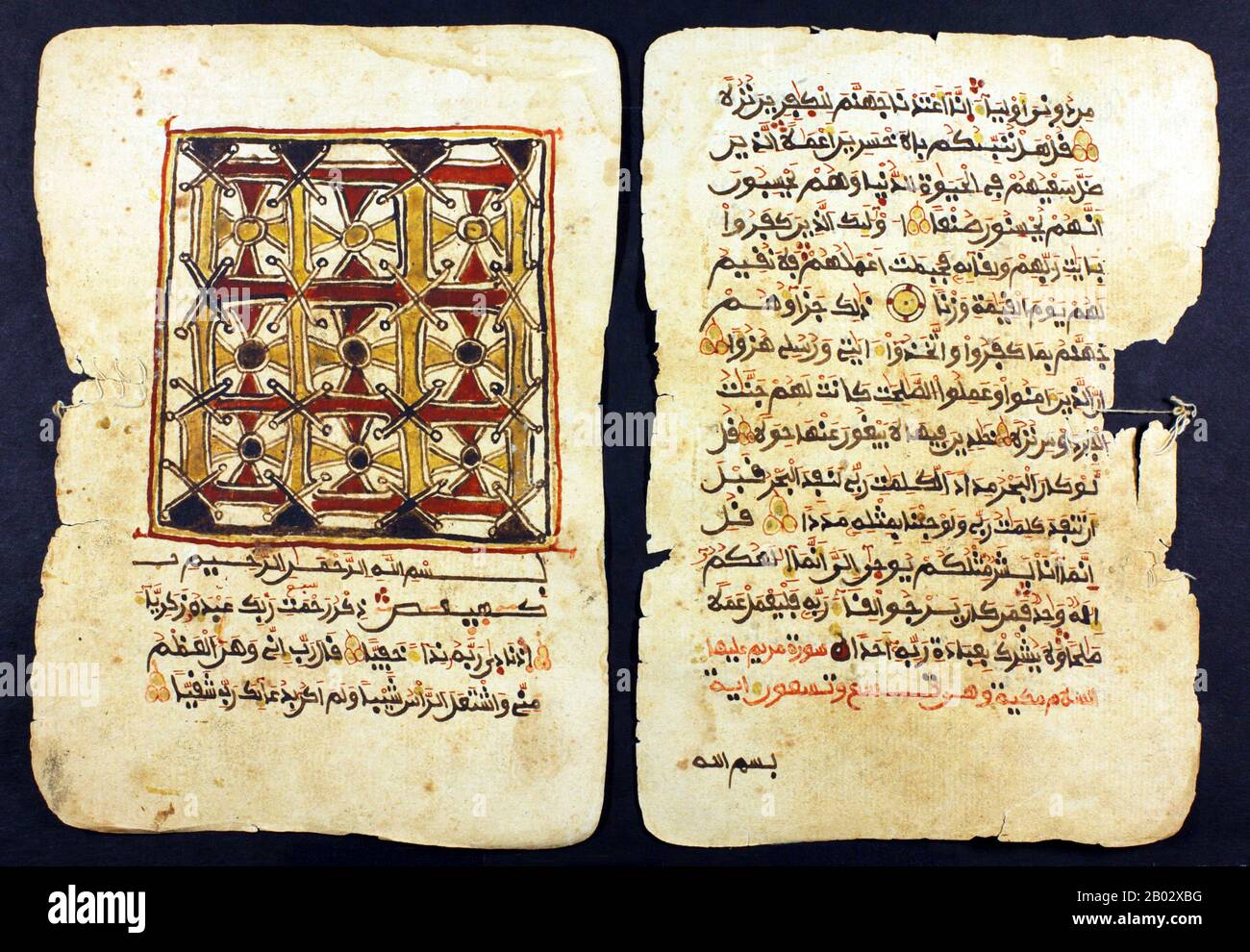

for purposes which are likely to expose it to destruction or damage in the event of armed conflict, and by refraining from any act of hostility directed against such property. by refraining from any use of the property and its immediate surroundings. Undertake to respect cultural property situated within their own territory. This is true even though the rebels are not a state ( but see "Azawad" below) and did not themselves sign the Convention. Jiri Toman in his 1996 authoritative commentary on the Convention " The Protection of Cultural Property in the Event of Armed Conflict" cites UNESCO's Commentary explaining that "the basis of this obligation lies in the fact that each of the adversaries 'is bound by the contractual engagements undertaken by the community of which he is a part.'" The corresponding substantive provisions relating to "respect for cultural property" are outlined in Article 4(1), which states that Parties The significance of these provisions - whose function (roughly equivalent to Common Article 3 of the 1949 Geneva Conventions) is to provide some baseline rules in internal armed conflicts - is twofold.įirst, because Mali is a Party, "at least" those provisions of the 1954 Convention relating to "respect for cultural property" bind both government forces and the rebels in the conflict. In the event of an armed conflict not of an international character occurring within the territory of one of the High Contracting Parties, each party to the conflict shall be bound to apply, as a minimum, the provisions of the present Convention which relate to respect for cultural property.Īrticle 19(3) also states that UNESCO "may offer its services to the parties to the conflict."

A crucial provision of the 1954 Hague Convention is Article 19, which expressly extends the Convention to "Conflict not of an International Character." Article 19(1) provides that (emphasis mine):

The UNESCO announcement only briefly noted, however, another rather significant fact: that Mali is also a party to the 1954 Hague Convention on the Protection of Cultural Property in the Event of Armed Conflict (which it has been since 1961). UNESCO noted that Bokova contacted "national authorities in countries sharing borders with Mali" to focus on preventing any illegal export of cultural property from Mali pursuant to the 1970 UNESCO Convention on prohibiting the illicit import and export of cultural property. I solemnly appeal to all concerned to be especially vigilant and to work together to prevent the loss of these treasures that are so important for the whole of humanity." "The citizens of Timbuktu have rallied to protect these ancient documents, and I salute their courage and dedication. I wanted to highlight briefly, however, the recent appeal by UNESCO Director-General Irina Bokova " for concerted action to prevent loss or destruction of Timbuktu's documentary heritage" which noted The danger to ancient manuscripts in Timbuktu in an internal armed conflict in Mali between military officers (who overthrew the President in March) and Tuarag rebels, who now control much of the North, have been well-documented in several places ( see, e.g., here, here, and here - a petition to protect the manuscripts is here).


 0 kommentar(er)
0 kommentar(er)
